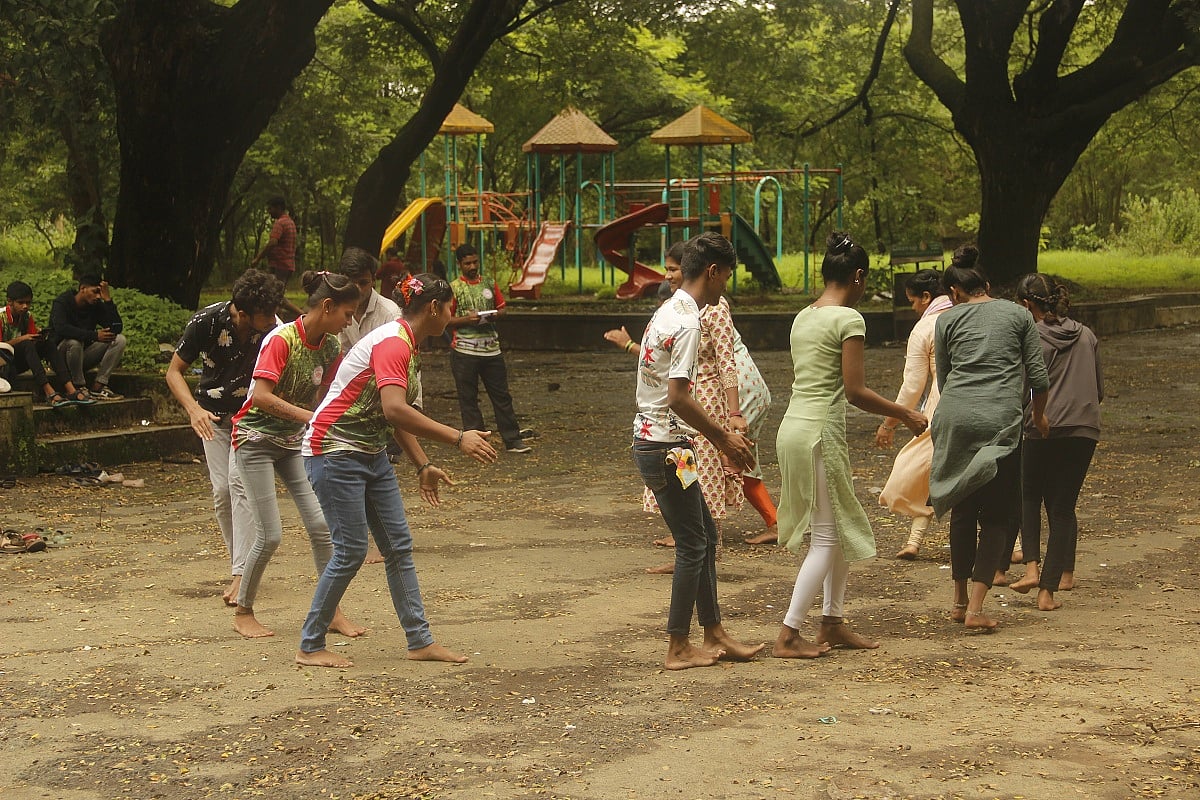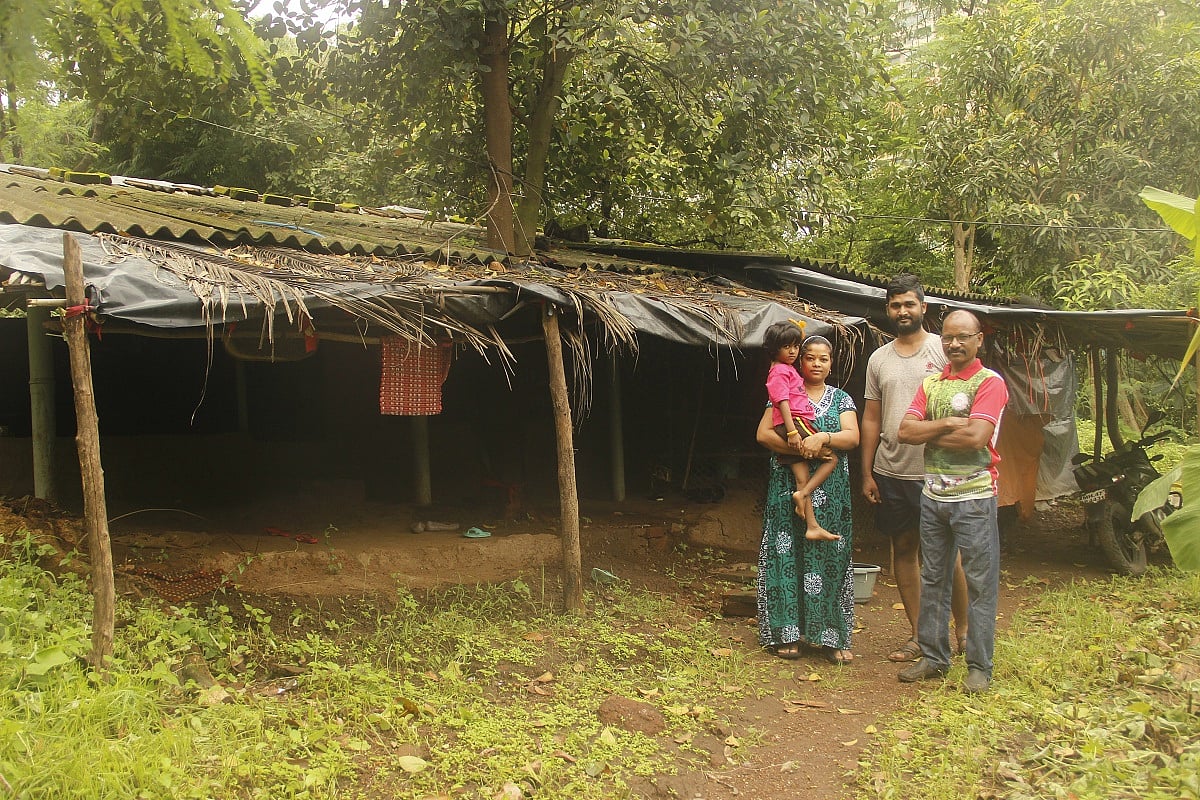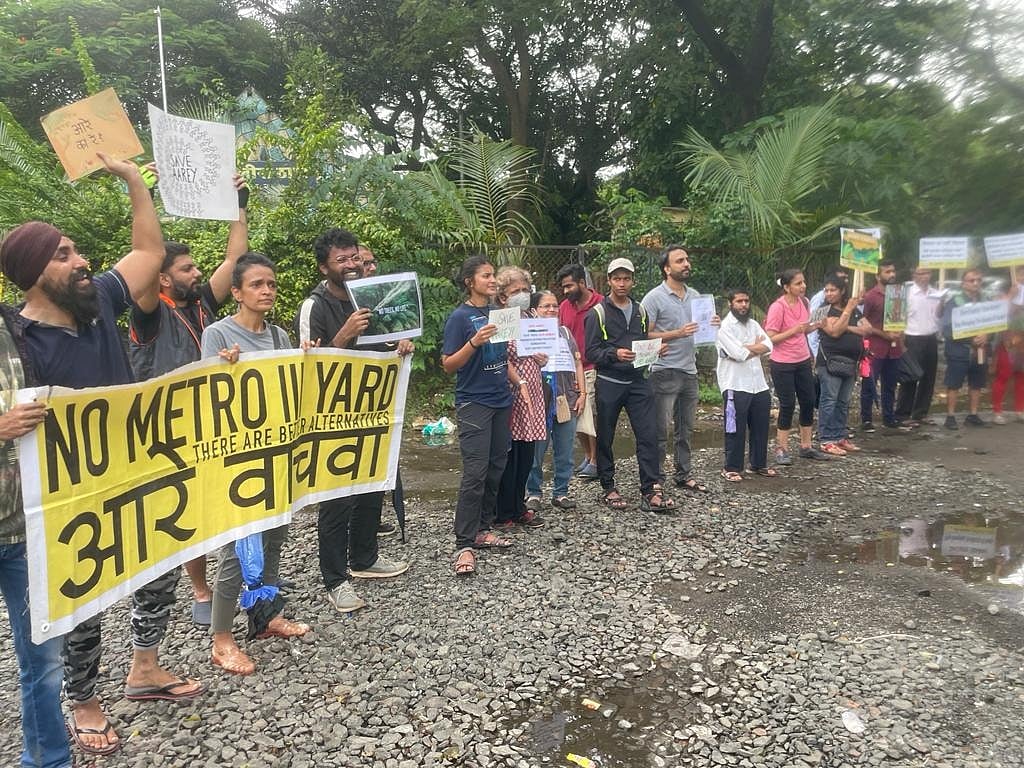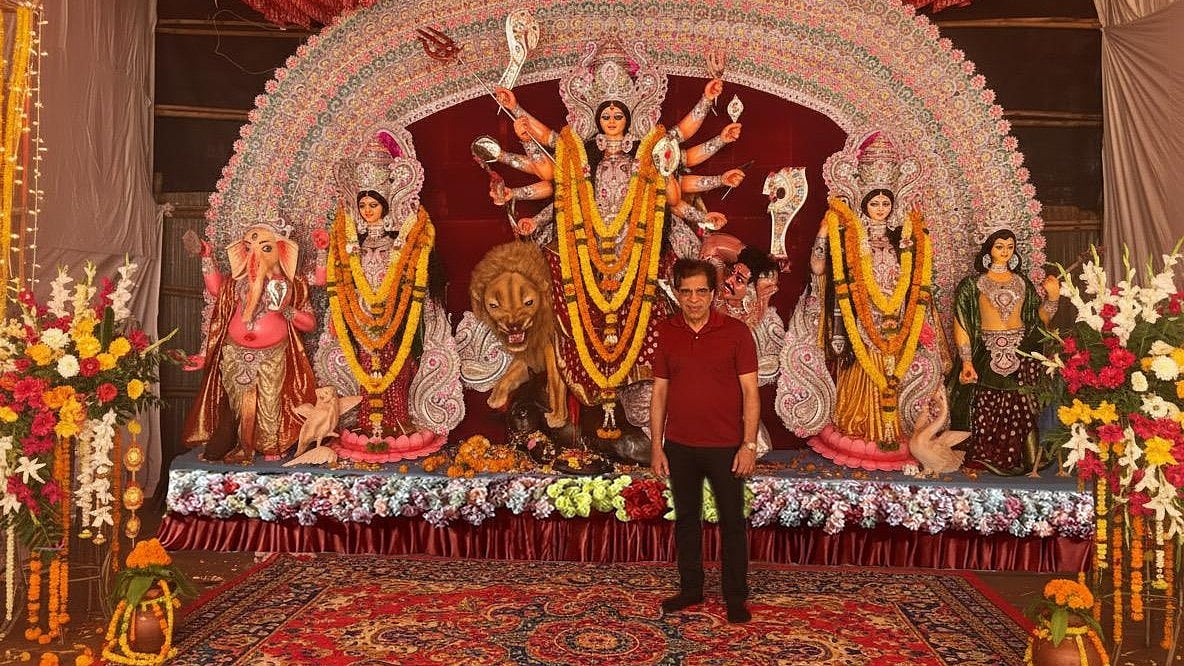The tribal festivals in Aarey forests of Mumbai are unique. Some of their festivals include Wagh Baras and Gaon Devi puja. Separately, a special annual programme honours every aspect of their culture, heritage, language, dress, music and dance, as well as food.
Shying away from the hustle of the city of dreams, deep inside the Aarey forest, which is spread across 3000 acres, exists a small world that resists itself from becoming a ‘concrete jungle’ like the rest of Mumbai. The forest features 27 unique tribal padas (hamlets) and is home to more than 10,000 Adivasis. There are also more than 290 wild species of flora and fauna in the area.

The Warli, Katkari, Mallar Koli, Mahadev Kolis, and other tribal groups endeavour to preserve their traditions and culture amidst the rapid encroachment of their land. “This is our ancestral land,” said Prakash Bhoir, leader of Adivasi Haqq Samvardhan Samiti. “We are born in a jungle, and we are meant to die here.”
He took pride in saying that farming is the primary activity and it is a cultural heritage that is being carried out through several generations. “We do not hunt anymore,” added Bhoir. “Early in the morning, I go to the fields and check on my plantations. Every family in the padas follows the same routine. We mostly grow fruits such as mango, chikoo, guava, jack fruit and bananas. We are also into paddy cultivation.”
While the men in the family mostly do outdoor chores, the females cater to taking care of the house and selling fruits and vegetables which they have grown. “Our house runs on the little that we grow daily,” said Pramila Bhoir, wife of Prakash Bhoir. “Apart from that, we plant different varieties of trees across the forest.”

Pramila said that she herself planted more than 750 trees in the neighbourhood. In their leisure time, the Adivasis indulge in artwork. They fancy painting on naturally occurring canvasses such as dried mushrooms, fruits and mud walls. “It is an ancient tradition,” said Pramila. “We depict our life and culture through these paintings.”Since there are no books, the tribals record their journey through such drawings, she noted.
Leopards inhabit the forest. Though the population is small, the Aarey and the neighbouring Sanjay Gandhi National Park are home to approximately 47 big cats — the highest leopard density in the world. The Adivasis in the area insisted that the animal is harmless and is a critical part of their culture.
On being asked about human-animal conflict and whether it culminates in fear among the tribal population, Bhoir replied, “We worship them, we also worship snakes. They are the protectors of this jungle and the tribal population.”

Apart from leopards and snakes, they also offer prayers to the sun, moon, water and land. However, with the Mumbai Metro shed project inside the Aarey Colony back on track, tribals fear that they will lose their cultural livelihood and habitat forever. Few of them have already lost their ancestral land and houses and are forced to shift to concrete buildings.
Laxmi Gaikwad, a 70-year-old Adivasi woman, who was evicted and forced to shift to an SRA project said, “They gave me a house on the 12th floor of a building. I frequently slip on these tiles. My feet are not accustomed to them. I miss the soil and walking out in nature. I do not belong here.” She added that the police forcefully made them vacate their houses. “There is no festival to celebrate here, I want to go back where I can be on my own,” said Gaikwad.
Despite massive public protest, nearly 2,000 trees were cut down to build the metro car shed inside the forest. As per the tribals, this has already affected their culture and way of living. “Our basic rights are being snatched away,” said Bhoir. “Tribals do not have anything apart from nature. Since we stayed here, our heritage has been preserved. It will get destroyed if we are forced to shift to concrete buildings,” he concluded.











